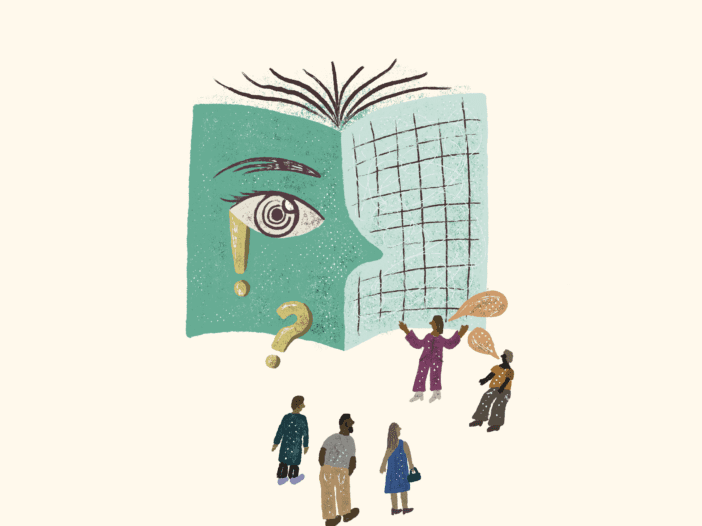

If you’ve been following our work this year, you know that we’ve been talking a lot about stories and narrative change. At the end of 2020, we made a commitment to center the voices of our families — changing the narrative that surrounds low-income families by making them the narrator, such as lifting up stories through platforms, like our Front & Center column with Ms. Magazine.
But as we’ve continued to explore what storytelling and narrative change means and looks like, we’ve been able to see just how many ways there are to tell stories and how effective they can be at so many different levels.
Internally, we’re using new evaluation methods to help tell a bigger and more comprehensive story about our work and our families, particularly in The Magnolia Mother’s Trust. For the first time, we’re utilizing Photovoice, a qualitative research method often used in community-based, participatory research that allows participants to document and reflect their reality through art and photos. These photos will be used in dialogues with the mothers and the evaluation team and also shared more widely as part of our evaluative work with The Magnolia Mother’s Trust. We know the story of our program cannot just be told in numbers and even words and adding in a visual element will not only expand the story we see and tell, but allow mothers who are uncomfortable with writing or speaking to share their story in a different way.
On a community level, we’re working to empower residents in each of our communities to be trusted messengers and use their stories to support the health and wellness of their community. We will be hiring residents who have received their COVID-19 vaccine to become Peer Health Promoters, organizing in their communities and sharing their story of vaccination with other community members as they help dispel myths surrounding the vaccine and encourage others to take the next step for their own safety and the safety of their community.
And nationally, we’re continuing to develop new ways to share the stories of our families. Like with Photovoice, we know that not all of our residents are comfortable with traditional methods of writing Op-Eds or speaking with reporters. But we believe that each person’s story is valuable and needs to be shared. We’ve already begun a bit of this work releasing a new Storytelling Series of videos on our website. But stay tuned for some exciting announcements in the next few months about more ways we’ll be sharing out stories.
The stories of our families contain multitudes: joy, heartbreak, perseverance, setbacks, dreams, and challenges. They are human stories. And we truly believe that their stories have the power to change and transform our organization, our communities, and even our entire nation for the better. We hope you’ll join us in sharing some of these powerful stories today.
